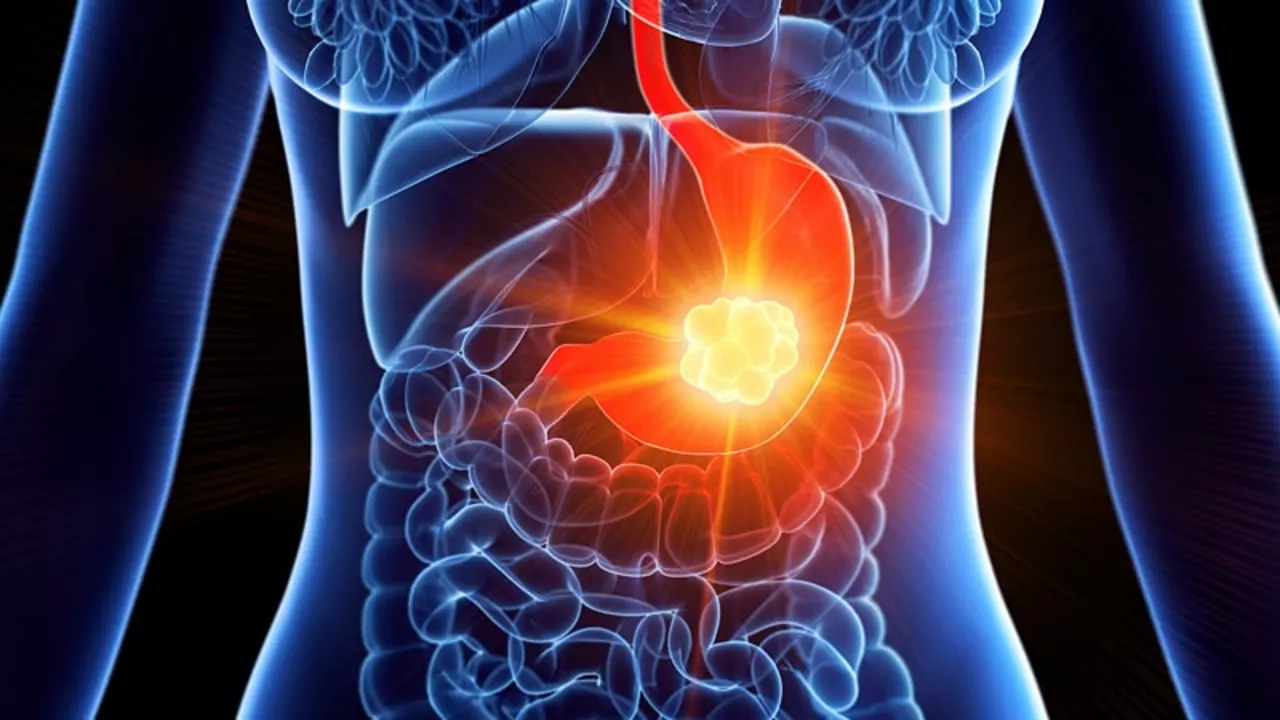Gastrointestinal Symptoms: What They Mean and How to Manage Them
If your stomach feels off, you’re not alone. Upset belly, gas, nausea or sudden diarrhea happen to most people at some point. Understanding why these signals appear can save you time, money, and unnecessary worry.
Common Causes of Gastrointestinal Symptoms
Food intolerance tops the list. Lactose, gluten, or high‑FODMAP foods can trigger cramping, bloating, and loose stools within hours. Even a small serving can set off symptoms if your gut is sensitive.
Infections are another frequent culprit. Viral gastroenteritis—often called “stomach flu”—spreads through contaminated water or close contact. It usually brings nausea, vomiting, and watery diarrhea that last a few days.
Stress matters more than you think. The gut‑brain connection means anxiety can speed up digestion, leading to urgency, gas, or abdominal pain. Simple stressors like a tight deadline may cause a sudden flare‑up.
Medications such as antibiotics, NSAIDs, and some blood pressure pills irritate the lining of the stomach or change the gut flora. If symptoms start after you begin a new drug, talk to your pharmacist about alternatives.
Chronic conditions like irritable bowel syndrome (IBS), inflammatory bowel disease (Crohn’s, ulcerative colitis) and acid reflux produce recurring pain, bloating, and changes in stool pattern. These illnesses need long‑term management, not just quick fixes.
When to Seek Medical Help
If you notice blood in vomit or stool, call a doctor right away. Bright red or black‑tarry stools signal bleeding that needs urgent attention.
Severe dehydration is another red flag. Persistent vomiting, diarrhea lasting more than three days, or dizziness when standing up indicates fluid loss that may require IV treatment.Unexplained weight loss of more than 5 % over a month, night sweats, or fever above 101°F suggest an infection or deeper disease process—schedule a visit promptly.
Persistent pain that doesn’t improve with over‑the‑counter meds after 48 hours warrants evaluation. It could be gallstones, ulcers, or other serious issues.
Finally, if you have a chronic condition and notice new or worsening symptoms, contact your gastroenterologist. Early adjustments can prevent complications.
For everyday relief, try these simple steps: stay hydrated with clear fluids, avoid heavy‑fat meals, eat smaller portions, and keep a food diary to spot triggers. Ginger tea, peppermint oil capsules, or a probiotic supplement often calm mild nausea and gas.
Remember, occasional tummy upset is normal, but patterns that stick around or worsen deserve attention. Use this guide as a starting point, and don’t hesitate to reach out to a healthcare professional when you need more than home remedies.
The Impact of Caffeine on Functional Dyspepsia
As a blogger who's always on the lookout for new health information, I recently came across some fascinating research on the impact of caffeine on functional dyspepsia. It turns out that caffeine can exacerbate symptoms of this common digestive disorder, which includes discomfort, bloating, and indigestion. Some studies suggest that reducing caffeine intake may help alleviate these unpleasant symptoms. However, it's important to remember that everyone's body is different, so the effects of caffeine can vary from person to person. Personally, I'll be keeping this in mind and monitoring my caffeine intake to see if it helps improve my gut health.
